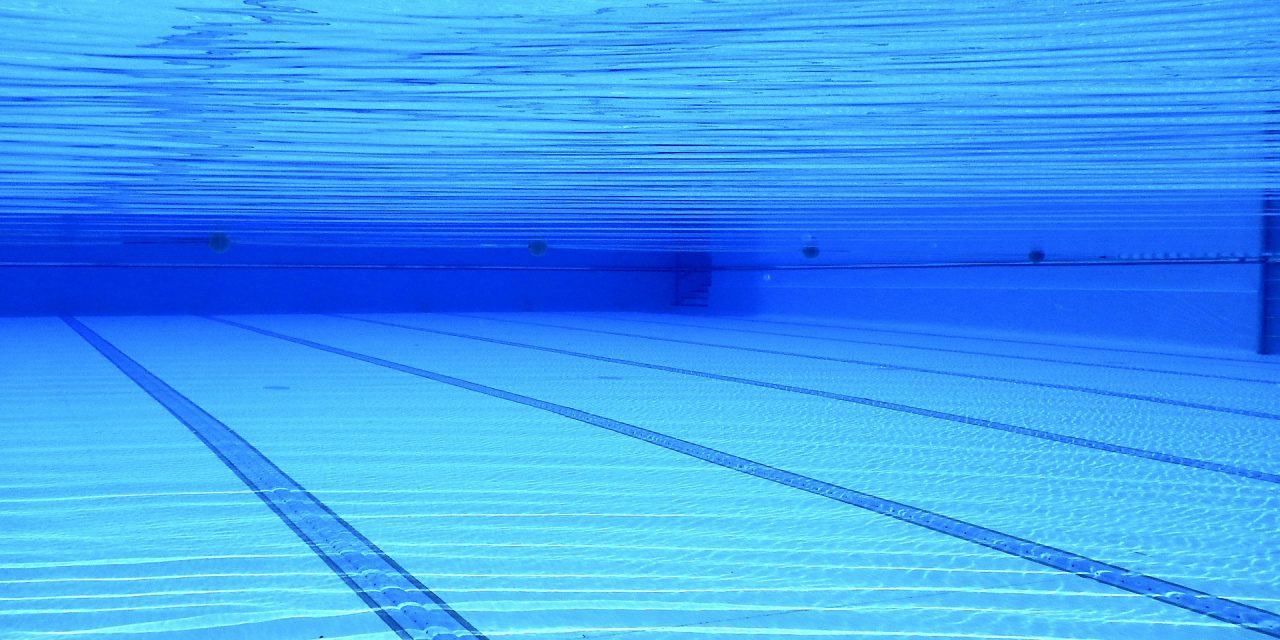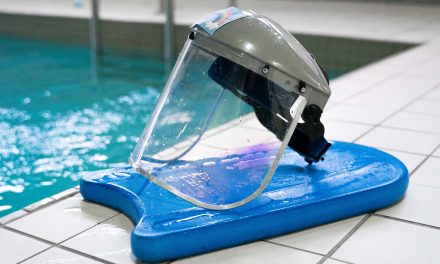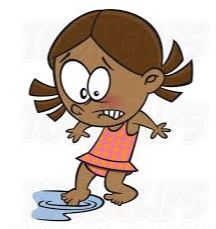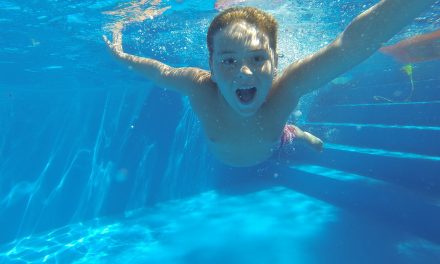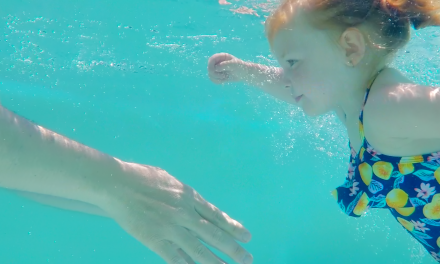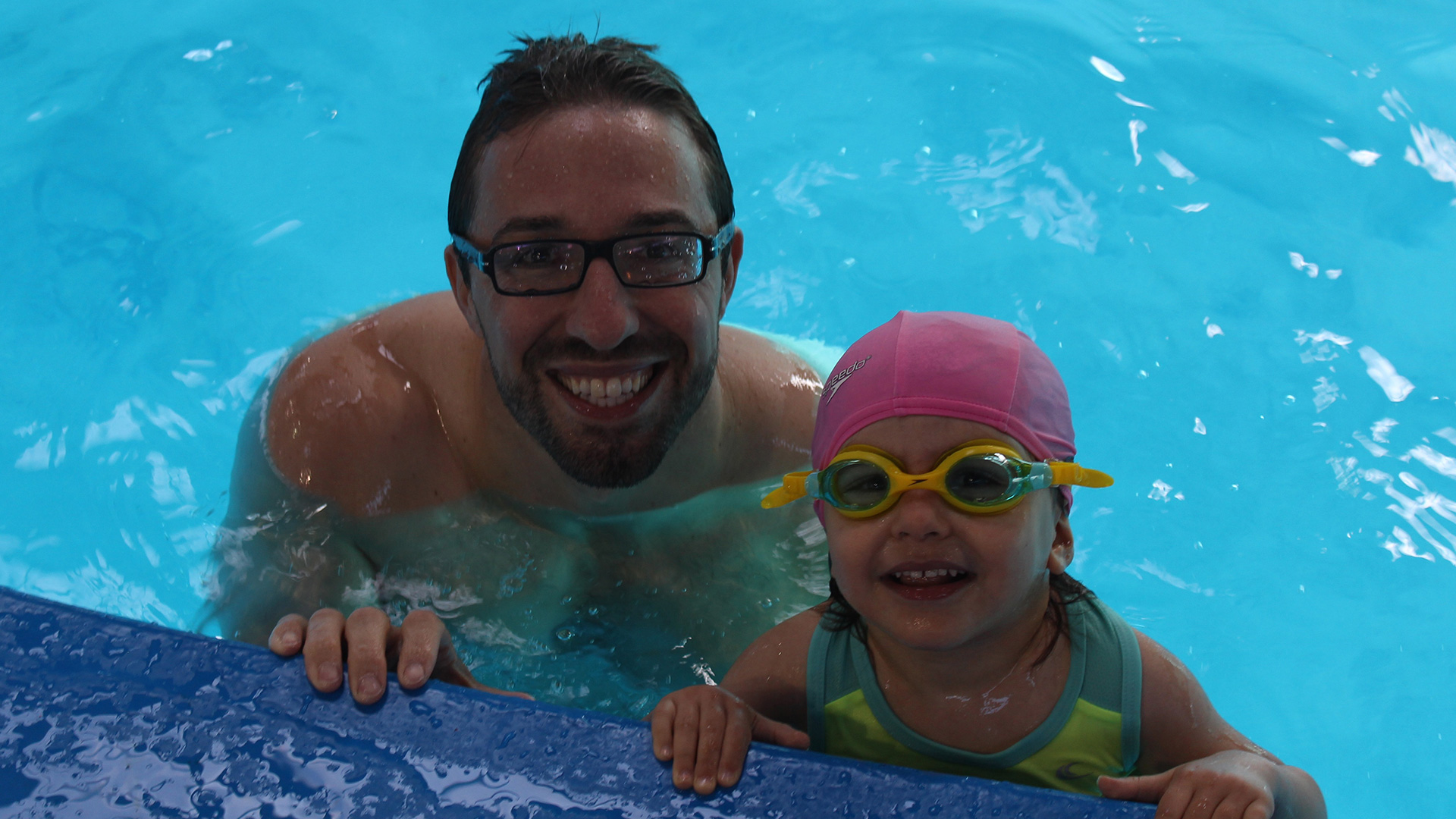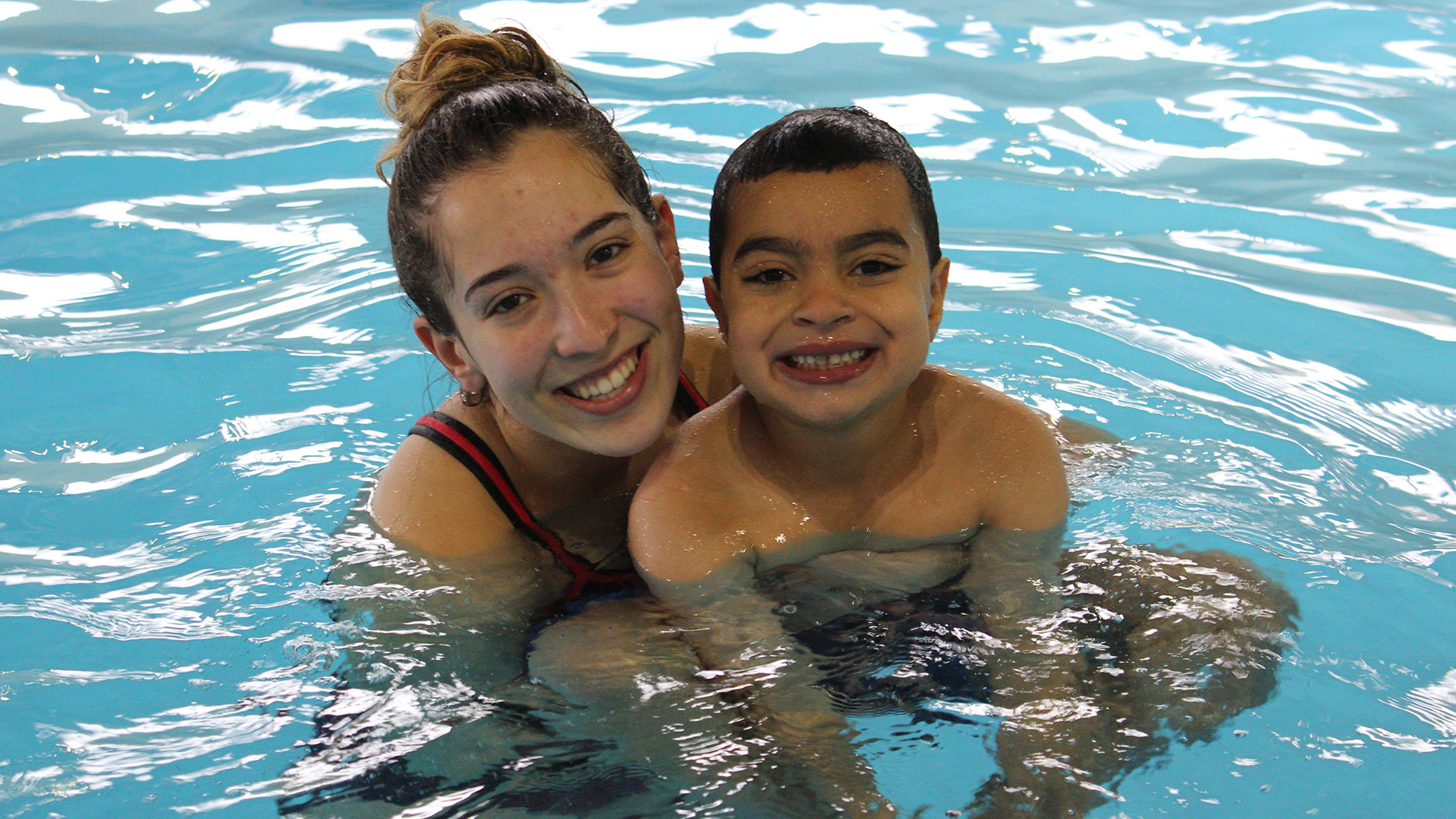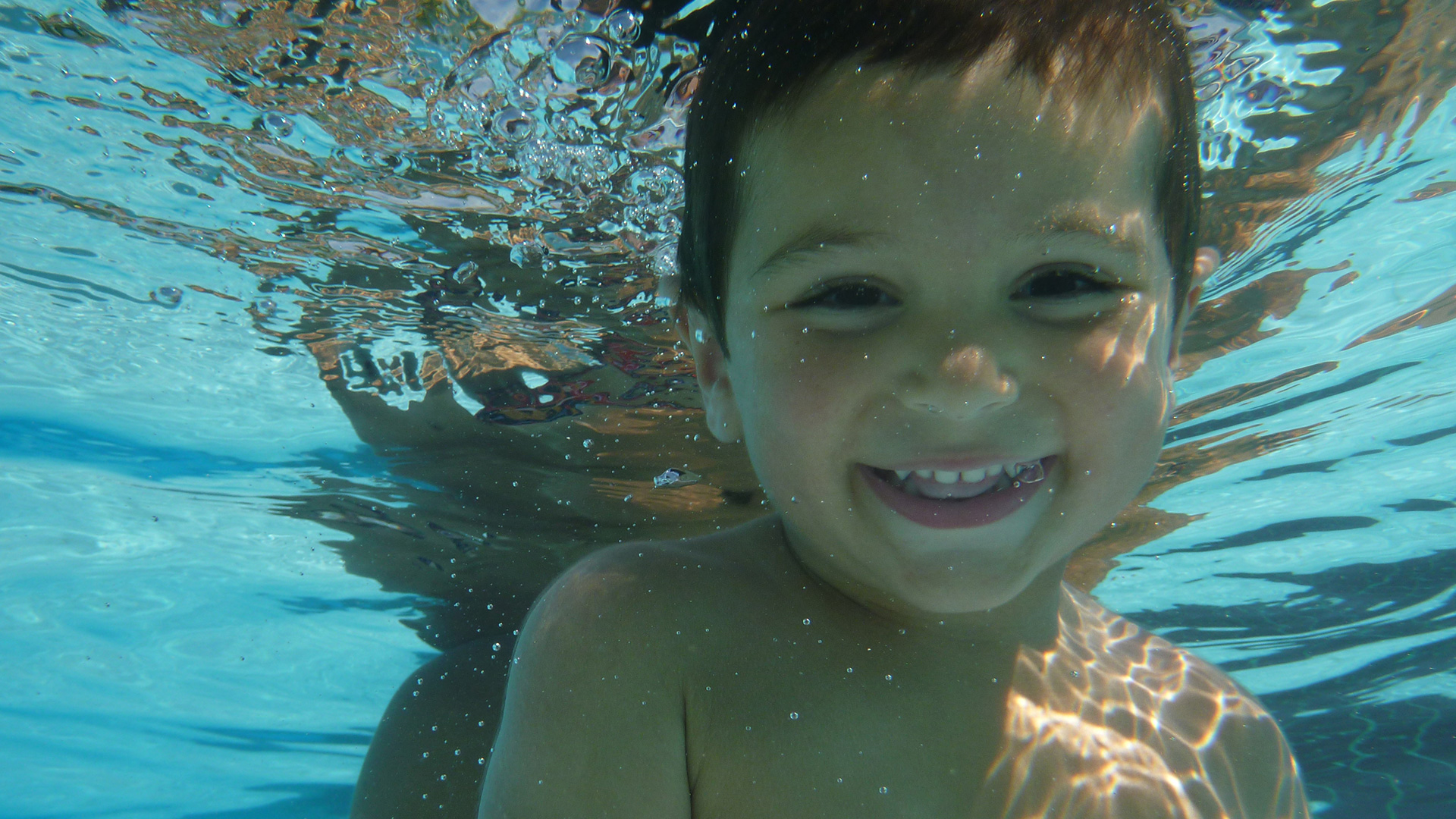There is a looming crisis in the aquatic community. Yes, bigger than the one we are currently in. Or rather, the current one is on the edge of escalating into a bigger one. The aquatic culture is obviously seasonal – while winter swimming is mostly reserved for the competitive aquatic athletes, during the summer is everyone’s business. While we are not feeling it so much just yet, as summer approaches the swim community will feel more and more the giant hole left by an absent or reduced aquatic presence.
After spending the last 2 weeks interviewing league representatives, respected figures, aquatic directors, I have compiled a list of 5 of the top concerns facing the aquatic community.
The Big One: When will municipal & public pools open?
There is no clear answer to this one, yet. But we’re getting close to having an idea. If we point to any form of reference, the province of Alberta has addressed the opening of pools in it Economic Restart Plan. Pools are set to open in phase 3, which, if new infection rates continue to decline will occur in 4-8 weeks. So early June to early July at best.
And, as we are seeing in other areas of the economy that are reopening, when pools do reopen it will likely be in a much more limited capacity (less swimmers permitted for one). News will likely be coming this week or next in Quebec and Ontario about swimming pool restart dates.
There is a possibility that pools may not be permitted to open at all this summer, depending on the way the current crisis trends. The silver lining is that all the experts and leaders I’ve consulted with are all doing everything in their power to be safely ready to re-open.
How can competitive swimmers stay in shape?
I really enjoyed this topic of discussion, namely because I got to consult with some of the top athletes in the country, and peak into their personal training regimes. In summary: it’s REALLY hard. Unlike many other sports, it is truly impossible to replicate the training or race-day conditions of an aquatic competition. You simply cannot practice swimming without a pool.
But here is where the magic happens. Olympians are tops in their sport not just because of their gifted natural abilities, but because of their will to win. Mountain in the way? Climb over it. Lemons on the front porch? Make lemonade.
As former Canadian Olympian and men’s Water Polo legend put it, “When one door closes, others open. Simple as that.” This oft-heard mantra doesn’t require any thought or effort for Olympians, it comes as naturally as breathing to them. Pool unavailable? All the top swimming athletes were quick to pivot their training strategies to focus on new areas that would compliment swimming, from flexibility, to mental focus, to cardio.
So how to stage in shape, you ask? Reassess your environment, adapt to new training possibilities which will best compliment and advance you to your true goal, and then go at it with the Olympian be-the-best perseverance and dedication.
What will social distancing & sanitizing look like in a pool?
So I must stress here that there are still many more questions than answers on this topic, in the current absence of clear directives from health authorities. But we have some out-of-province-and-country examples, plus drawing on lessons learnt from other industries, we can definitely pinpoint some key areas.
It’s important to note that early evidence shows that covid-19 cannot be transmitted through water (aka the viral particles cannot leave your mouth as you exhale underwater, survive in the free water and go into a another swimmers mouth (or nose) and infect them. This research shows that standard pool chemistry neutralizes the virus.
Social distancing policies such as 1 swimmer per lane, large distances between patrons in open areas, and visible markers on deck to ensure people keep their distance on the pool deck are just some of the policies we can expect. Others include swimmers being expected to show up in their bathing suit, to avoid having to change in a potentially crowded locker room.
Avoiding gatherings in and sanitizing common areas will be of primary concern: changing rooms, bathrooms & showers, spectator areas, and common surfaces (door handles, etc). Typical sanitization measures we see nowadays include hand-washing or sanitizing stations at entrances and exits. In addition, changing rooms and showers will have to be sanitized regularly by maintenance teams, probably in the order of several more times than is current procedure.
Personal protective equipment will likely be worn by pool employees, and might even be required for guests when entering or exiting the building. Again, it is important to stress that lots of questions linger on this topic, and only once we get more directives from the proper authorities can we begin to truly hone in on what this will look like post-quarantine.
What will happen if the summer pools don’t open?
This topic is my primary personal concern. I grew up in summer pools, it was the greatest experience of my life, and provided me with everything I need in life from friendship, to values, even to my career. Summer pools are where friendships are made, communities come together, future Olympians are discovered, and oh so much more. I am so passionate and concerned with this topic I have an entire article dedicated to it.
The primary concern is where will kids learn to swim. Drowning remains the largest cause of preventable deaths amongst young kids. That is when they are all taking their swimming lessons and learning how to swim. What will happen when none of them are learning how to swim? It’s a scary thought that deserves to be a big part of the conversation.
Summer pools also bring community together. If this massive binding, bringing-people-together experience doesn’t happen, our communities lose touch. The closeness becomes a bit more distant. Friendships aren’t made, memories are not made, the happiness and positivity that constantly erupts from the summer pool scene suddenly doesn’t happen. Quoting one of our Olympians who grew up and was introduced to water sports at summer pools, “it would be beyond tragic”.
The last point on summer pools happens to be our last major question…
What Will Lifeguards Do?
We will finish with possibly the most relevant topic, as this will directly impact thousands of young adults. Most of which are not prepared for what might come.
Each year, thousands of lifeguards flock to outdoor pools to enjoy the awesomeness of simply being a lifeguard (yup whole other article on that one too). At best case, summer pools open in a 50% capacity. That means potentially right off the bat half of our lifeguard work force is out of a job.
No what if outdoor pools don’t open at all? Do you think all the lifeguards have begun planning for another career this summer? No-sir-ee-bob. For the moment they are all waiting patiently for directives. But if word comes that outdoor pools will not open, thousands of lifeguards will scramble to snatch up the few aquatic positions that will remain, leaving many others to potentially start from scratch.
Indeed, the topic of lifeguard employment in with the current industry uncertainty is such an important topic that is not being discussed, that I intent to dedicate an entire new article to it.
So this is where we are today, these are the pertinent questions, and thus these are the important discussions that need to keep happening. If you are affected or impacted by any of these points, be sure to check back in frequently, share news and developments, and above all support your aquatic community.


